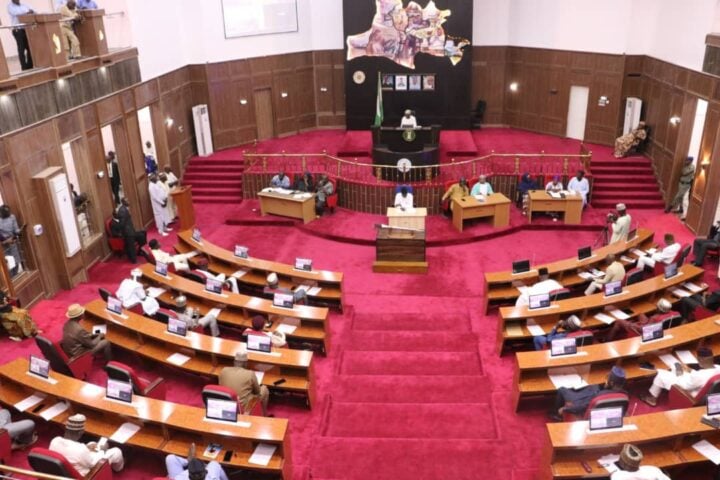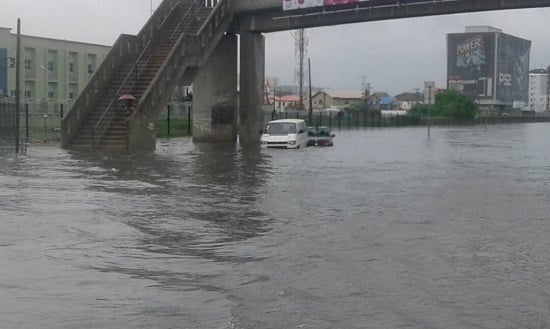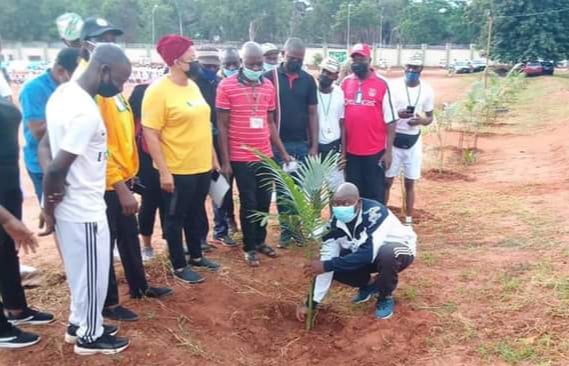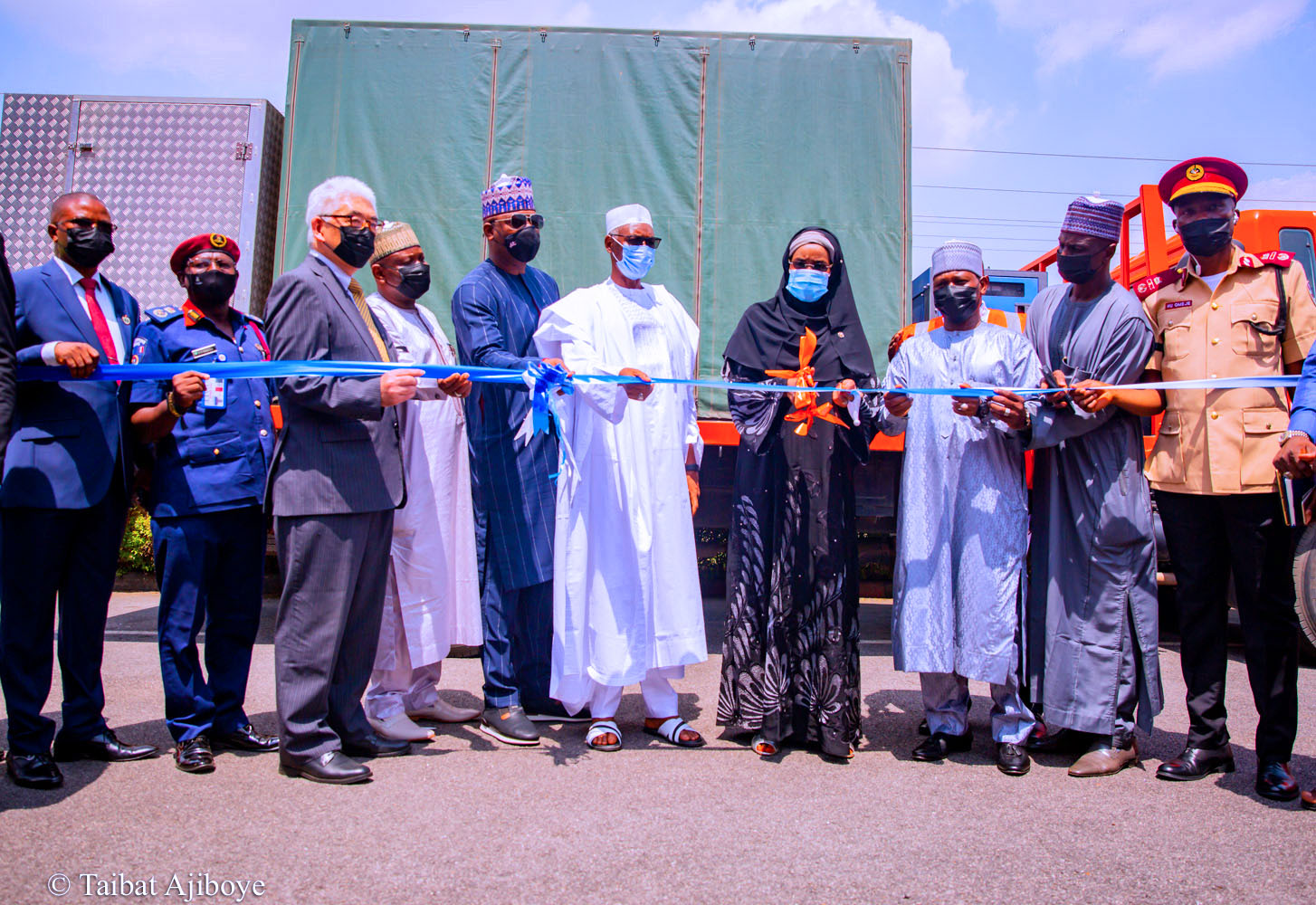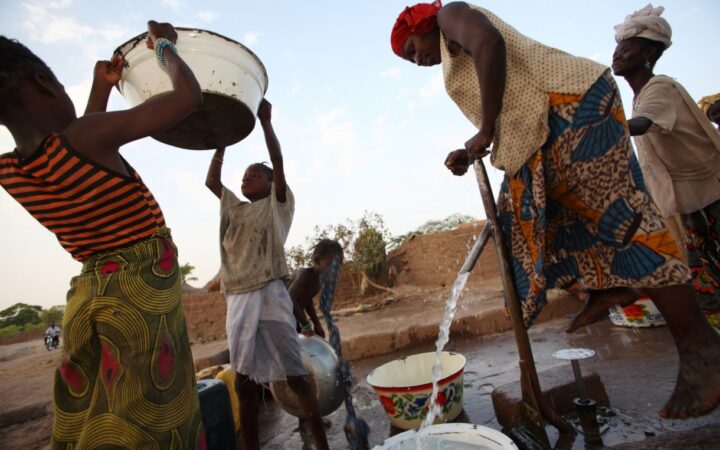Nasarawa state house of assembly
Climate change directly affects our communities, health, and livelihoods.
Yet, media coverage often prioritises politics and business over climate-related stories, leaving crucial environmental news under-reported.
Climate Watch seeks to bridge this information gap, ensuring that important climate change stories and mitigation efforts stay on your radar.
Here is a round-up of last week’s climate stories:
Advertisement
- The Nasarawa state house of assembly has passed a bill to establish a legal framework for mainstreaming climate change actions across the state.The bill, titled: ‘A Bill for a Law to Provide for Nasarawa State Policy on Climate Change for the Mainstreaming of Climate Change Actions in Nasarawa State, to Provide for the Establishment of a Climate Change Advisory Committee and other Related Purposes’, was passed on October 27 during plenary in Lafia. Announcing the passage, Danladi Jatau, speaker of the house, said the bill seeks to mitigate the effects of climate change on the environment and promote sustainable development for the benefit of the people.Jatau explained that once signed by Abdullahi Sule, governor of Nasarawa, the law will provide for the establishment of a climate change advisory committee chaired by the governor and an agency responsible for formulating and implementing climate-related policies.
He commended Mohammed Omadefu, the lawmaker representing Keana constituency, for sponsoring the bill, and thanked other members for their input in ensuring its passage.
Earlier, Suleiman Azara, the majority leader, moved a motion for the bill to scale its third reading, seconded by Luka Zhekaba, the minority leader. The assembly thereafter unanimously passed the bill.
- A new United Nations report projects global emissions could drop 10 percent by 2035 — but warns action is still too slow to meet the 1.5°C goal. The finding is contained in the 2025 nationally determined contributions (NDC) synthesis report, released by the UN Framework Convention on Climate Change (UNFCCC), ahead of the COP30 summit in Brazil. The analysis draws from 64 new or updated NDCs submitted between January 2024 and September 2025, representing about 30 percent of global emissions in 2019. While the UN described the new pledges as “a sign of real and increasing progress”, it warned that “major acceleration is still needed” to meet the Paris Agreement’s temperature goals affirmed by countries. Read more here.
-
The United Nations Environment Programme (UNEP) says developing countries will need between $310 billion and $365 billion every year by 2035 to cope with worsening climate impacts. In its 2025 adaptation gap report titled ‘Running on Empty’, UNEP warned that global adaptation efforts are lagging behind what is required, leaving poorer nations vulnerable to climate shocks. The UN body said the estimated cost of adaptation in developing countries is now 12 to 14 times greater than the current international public finance flows, which stood at $26 billion in 2023. Read more here.
-
President Bola Tinubu has approved the adoption of a national carbon market framework and the operationalisation of the climate change fund. The carbon market framework provides the rules and structure for Nigeria to trade carbon credits — a permit that allows a country sell their greenhouse gas emissions reduction to others that need help meeting their climate targets. The president also restored the National Council on Climate Change (NCCC) to the national budget to enable it to receive FAAC allocation. Find out more here.
Advertisement
